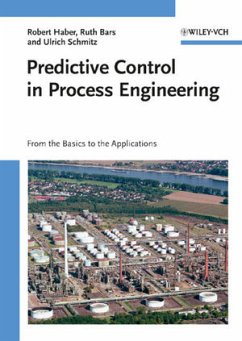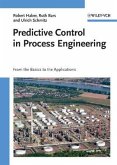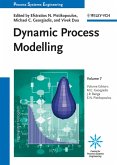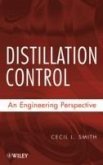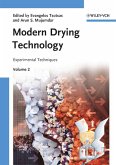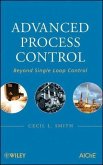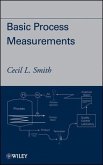Describing the principles and applications of single input, single output and multivariable predictive control in a simple and lively manner, this practical book discusses topics such as the handling of on-off control, nonlinearities and numerical problems. It gives guidelines and methods for reducing the computational demand for real-time applications. With its many examples and several case studies (incl. injection molding machine and waste water treatment) and industrial applications (stripping column, distillation column, furnace) this is invaluable reading for students and engineers who would wish to understand and apply predictive control in a wide variety of process engineering application areas.
Dieser Download kann aus rechtlichen Gründen nur mit Rechnungsadresse in A, B, BG, CY, CZ, D, DK, EW, E, FIN, F, GR, HR, H, IRL, I, LT, L, LR, M, NL, PL, P, R, S, SLO, SK ausgeliefert werden.

